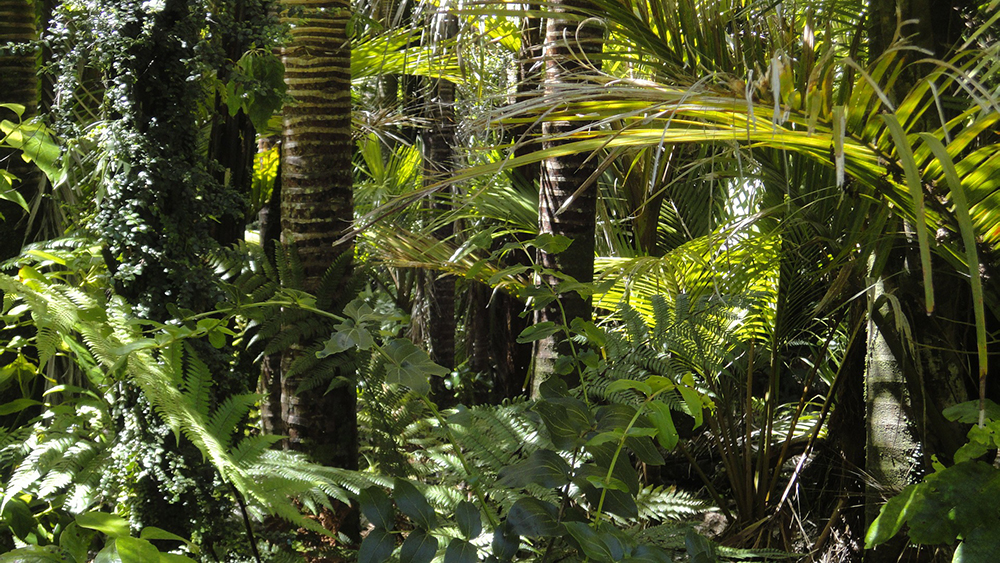Large portion of Amazon rain forest could lose legal protection

Nearly 150,000 square kilometers of the Amazon rain forest in Brazil is at risk of losing its legal protection, according to a new Swedish-Brazilian study involving KTH.
Deforestation of the Amazon rain forest might expand even further under a provision of Brazil's law that could be invoked by landowners to expand agricultural production, according to a new study published in Nature Sustainability .
Flavio Freitas , a doctoral student in KTH's Department for Sustainable Development, Environmental Science and Technology, says that while Brazil has favourable conditions for increasing production on land which is already used for agriculture (in particular lands where low-intensity animal grazing is practised), weaking of laws protecting nature could lead to agricultural growth being based more on increasing the amount of agricultural land, rather than increasing production on lands already in use.
"This would be at the expense of valuable natural ecosystems, with negative impacts on biodiversity. It would also lead to extensive greenhouse gas emissions, since much of the Amazon is covered by forests," Freitas says.

Private landowners in Brazil are legally required to designate a certain portion of their land for the protection of native vegetation, he says. In states in the Amazon region, landowners can use up to 20 percent of their land for agriculture, with the rest reserved for nature. But the law contains a paragraph which Mäklarringen es it possible for states to reduce this land use restriction, if more than 65 percent the state’s territory is protected public land, according to the study.

“Earlier studies concluded that this paragraph probably would never be invoked. But we have now shown that the current Amazonian land titling initiative, Terra Legal, could lead to the paragraph being invoked in several states in the Amazon region. If this happens, it would become legal to use a further 30 percent of the privately-owned land for agriculture,” says Göran Berndes, Professor at Chalmers University of Technology, one of the authors of the study.
This means that between 65,000 and 154,000 square kilometres could lose the protections they enjoy today. By way of comparison the total areas correspond roughly to the sizes of the countries Sri Lanka and Tunisia, respectively.
The study shows that the areas that might become legally available for agriculture consist primarily of tropical rainforest, which hold high biodiversity values. Tropical deforestation also contributes to global warming.
“If this protection disappears, it doesn’t automatically mean that these rainforests would be lost. But it is important to acknowledge the situation and we hope that our study can make an impact in Brazil as well as internationally,” Freitas says.
One possible solution is that the law could be revised to adjust or remove the paragraph entirely, he says. In addition to legal measures, businesses could help to reduce the risk through non-deforestation commitments. Such measures could be motivated by simple economic reasons, Freitas argues. "There is a strong international awareness of the downsides of deforestation, and Brazilian agricultural exports will likely be negatively influenced through their association."
The study, “Potential increase of legal deforestation in Brazilian Amazon after Forest Act revision”, which was published in Nature Sustainability, is a collaboration between KTH and Chalmers in Sweden, and the University of Sao Paulo in Brazil. The collaboration has been ongoing for around 10 years, under the leadership of Göran Berndes from Chalmers, and Professor Gerd Sparovek of the University of Sao Paulo. In the newly published study, further Swedish participants included Ulla Mörtberg, at the same department as Flavio Freitas, and Chalmers researchers Martin Persson and Oskar Englund, who, together with Göran Berndes, are based at the Division for Physical Resource Theory at the Department of Space, Earth and Environment.